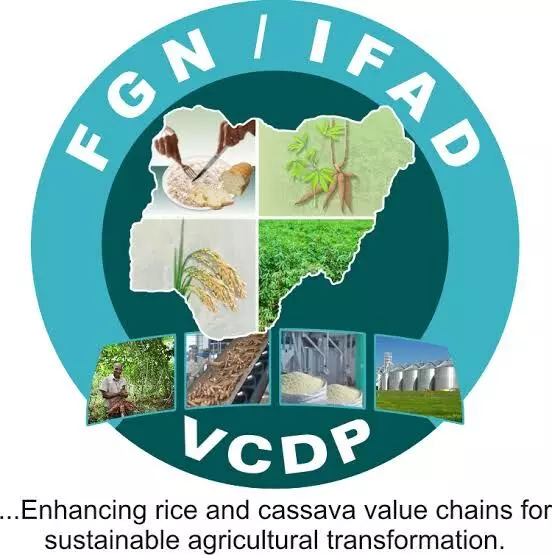- Home
- /
- More
- /
- Agriculture
- /
- Anambra Govt seeks...

The Anambra government has urged the International Fund for Agricultural Development to adopt mainstreaming regenerative agriculture policy to fast track implementation of its Value Chain Development Programme (IFAD-VCDP).
The state commissioner for agriculture, Dr. Foster Ihejiofor, made the call when he received the team of the IFAD-VCDP Midterm Review Mission on Saturday in Awka.
He said the state had adopted regenerative agriculture as its policy to discourage the application of inorganic fertilizers and agrochemicals on farmlands by farmers.
"This position is based on the fact that inorganic fertilizers and agrochemicals have negative impacts on the climate and the health of those who eat the produce they produce."
"Based on these obvious facts, we crave the indulgence of IFAD-VCDP to look at mainstreaming regenerative agricultural practices in Anambra and use what is accepted under the policy to enhance food productivity."
"Doing this will make farmers minimize the costs of inputs and promote sustainability based on biodiversity above and beneath the ground."
"IFAD-VCDP can also extend this practice beyond the state to other Nigerian states where they are operating and even to other countries," he said.
The policy, he said, when adopted would ensure sustainability and the farmers get profitable results.
The commissioner appealed to the agency to allow the state to decide who benefits from their program, as that would make the government spread its quota across the 21 local government areas of Anambra.
He also requested that IFAD-VCDP expand its scope beyond cassava and rice to permit the cultivation of vegetables and fruits that could be intercropped with the two focused crops.
Ihejiofor said that having witnessed the distribution of inputs in several locations and seen the joy expressed by rural farmers, he must say that the government is happy with the impact of the program.
The team lead for the IFAD-VCDP midterm review mission, Dr. Jones Lemchi, said they were in the state to review the programs being funded by the agency.
Lemchi, a professor of agricultural economics at the Federal University of Technology, Owerri (FUTO), said the agency's programs were enterprise-based.
He said the goal is to enhance the income of smallholder farmers on a sustainable basis as well as stimulate agro-business enterprises that yield profits.
"Poverty can only be alleviated and food security achieved when money is entering the pockets through sustainable agricultural practices," he said.
Lemchi, who gave the history of how the agency began its operations in Nigeria's six states, added that the project was later expanded to nine states with Anambra, Enugu, and Ebonyi as beneficiaries in the south-east geopolitical zone.
"The projects are funded via payment of a counterpart fund, and Anambra has been doing well because it is the state that triggered the increase in rice yield from two metric tons to five metric tons per hectare."
"From the beginning, the state was paying a counterpart fund used for practical and physical support to the profiled rural farmers as well as a little allowance for the staff."
"But since the year 2019, the state is no longer meeting its obligation in terms of funding, and this is adversely affecting the programs," he said.
Supreme reports that VCDP is a six-year program that focuses on supporting cassava and rice value chains for farmers in Anambra, Benue, Ebonyi, Niger, Ogun, and Taraba.
It also aimed to address the constraints along the value chains.
The program is being implemented in collaboration between IFAD, the Federal Government, and the six participating state governments.




